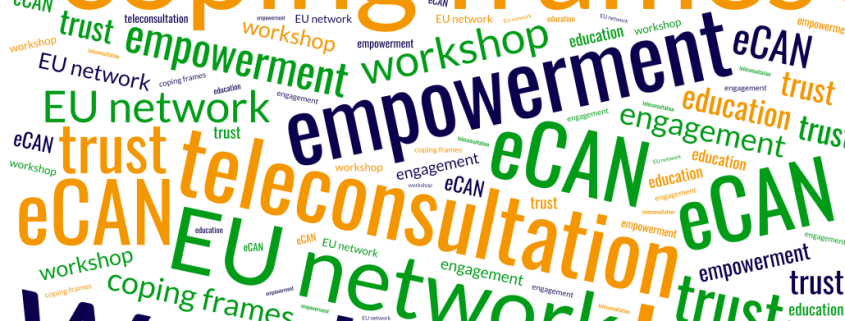eCAN workshop series concludes with meetings on empowerment and EU networking
The third and fourth workshops of eCAN Work Package 8 have brought together 14 and 23 participants, respectively. On the one hand, participants have been asked to broaden the eCAN ecosystem beyond the European scale and to consider local, regional or national approaches when spreading the word about the Joint Action.
On the other hand, eCAN partners have engaged in an open dialogue to understand the needs of stakeholders (patients, carers, clinicians) for the forthcoming piloting phase, identifying the needs across various Work Packages, and devising effective strategies for implementing educational materials. The ultimate objective was to equip participants with the necessary tools to effectively address these needs.
Beyond and within the EU
“We need to expand our work, not only for dissemination purposes, but also to extend our network with partners and countries that are not part of eCAN, such as Germany. We are trying to improve telemonitoring and teleconsultation across Europe, so we need them to collaborate and listen to us to engage at another level” said Despoina Mantziari, from the Laboratory of Medical Physics and Digital Innovation at the Aristotle University of Thessaloniki (AUTH), organiser of the meetings.
This outreach would introduce eCAN to communities outside its ecosystem and, through synergies and collaborations, could capitalise on the knowledge produced by the Joint Action Work Packages and foster interactions with others for future collaborations (experience sharing, policy development opportunities…).
Empowerment for a better eHealth
A central theme that resonated throughout the last workshop has been the concept of patient empowerment. The World Health Organization (WHO) defines it as a process that grants individuals greater control over decisions and actions affecting their health. This principle is a cornerstone of global health and social care strategies.
Mantziari further elucidated the essential components encompassed within this concept. These components include respecting the unique needs, preferences, and autonomy of patients, ensuring access to appropriate and personalized treatments, and actively involving patients in decisions related to their health. Patient empowerment also entails facilitating access to safe, high-quality services and support, as well as providing reliable, relevant, and comprehensible health information. Involving patients in health policy development is also essential to ensure that services are designed with patient-centricity at the core.
Roadmap for Stakeholder Engagement
With the conclusion of the workshops, the members of Work Package 8 now face several important tasks. Their immediate focus is to conduct a preliminary gap analysis. This will be followed by a thorough assessment of the training needs of patients, caregivers, and clinical experts. Additionally, a comprehensive framework of educational activities and training materials will be developed for both patients and caregivers/clinical experts.
The completion of these assignments will pave the way for a more robust stakeholder engagement strategy, fostering collaboration, and enabling eCAN to advance its mission of improving eHealth practices.



